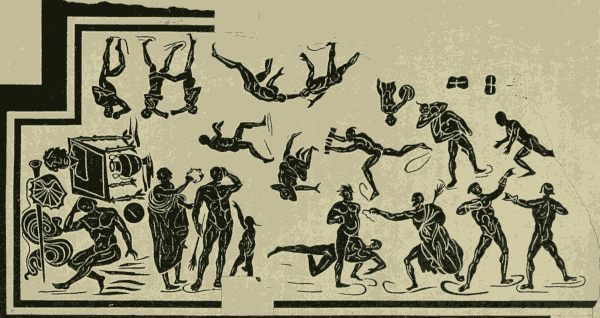While much focus in historical performance lies in music and drama, a fascinating niche has emerged: the recreation of ancient Greek athletics. Far from being mere sporting events, athletic competitions like the Olympic Games were integral to Greek cultural, religious, and political life. Today, historians and reenactors are bringing these traditions back to life through historically informed demonstrations of events such as pankration (a brutal mix of boxing and wrestling), discus throwing, and foot races in original Greek attire.
These reconstructions are based on archaeological evidence, ancient texts like those of Pausanias and Philostratus, and detailed vase paintings that depict athletes in motion. Modern performers train in similar conditions, using replicas of ancient equipment and adhering to the rules and rituals of the time, including pre-competition sacrifices and oaths. The events are often staged at classical heritage sites or academic festivals, combining sport, education, and living history into a compelling performance.
By reviving ancient Greek athletics, practitioners offer a dynamic perspective on how sport functioned as both entertainment and moral education in the classical world. These performances challenge modern assumptions about athleticism, revealing the spiritual and communal dimensions of ancient competition. As interest in embodied history grows, ancient athletics are gaining recognition as a legitimate and engaging form of historical performance.

